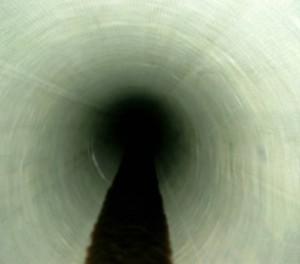In the world of infrastructure maintenance, CIPP (cured-in-place pipe) repair systems have revolutionized the way damaged pipes are repaired. This innovative technology provides a cost-effective solution for repairing underground pipes without the need for extensive excavation.
CIPP pipe repair systems involve inserting a resin-saturated liner into damaged pipes and using heat or UV light to cure it in place. This creates seamless, jointless and corrosion-resistant pipes within the existing infrastructure, effectively restoring the structural integrity of the pipes.
One of the main advantages of CIPP pipe repair systems is minimal disturbance to the surrounding environment. Traditional pipe repair methods often require extensive excavation, causing disruptions to traffic, landscaping and commercial operations. In contrast, CIPP remediation requires minimal excavation, reducing impact on surrounding areas and minimizing downtime for businesses and residents.
Additionally, CIPP pipe repair systems are versatile and can be used to repair a variety of pipe materials, including clay, concrete, PVC and cast iron. This flexibility makes it a suitable solution for a variety of infrastructure systems such as sewers, storm drains and drinking water pipes.
In addition to versatility, CIPP pipe repair systems offer long-term durability. The cured resin lining provides a protective barrier against corrosion, root intrusion and leaks, extending the life of the repaired pipe. This not only reduces the need for frequent maintenance but also contributes to the overall sustainability of the infrastructure.
From a financial perspective, CIPP pipe repair systems can provide significant cost savings. The reduced need for excavation and restoration work means lower labor and material costs, making it an attractive option for municipalities, utility companies and property owners looking to optimize maintenance budgets.
In summary, CIPP pipe repair systems offer a variety of benefits, including minimal disruption, versatility, durability, and cost-effectiveness. As the demand for sustainable, efficient infrastructure solutions continues to grow, CIPP technology is expected to play a vital role in the maintenance and rehabilitation of underground pipelines.

Post time: May-28-2024


